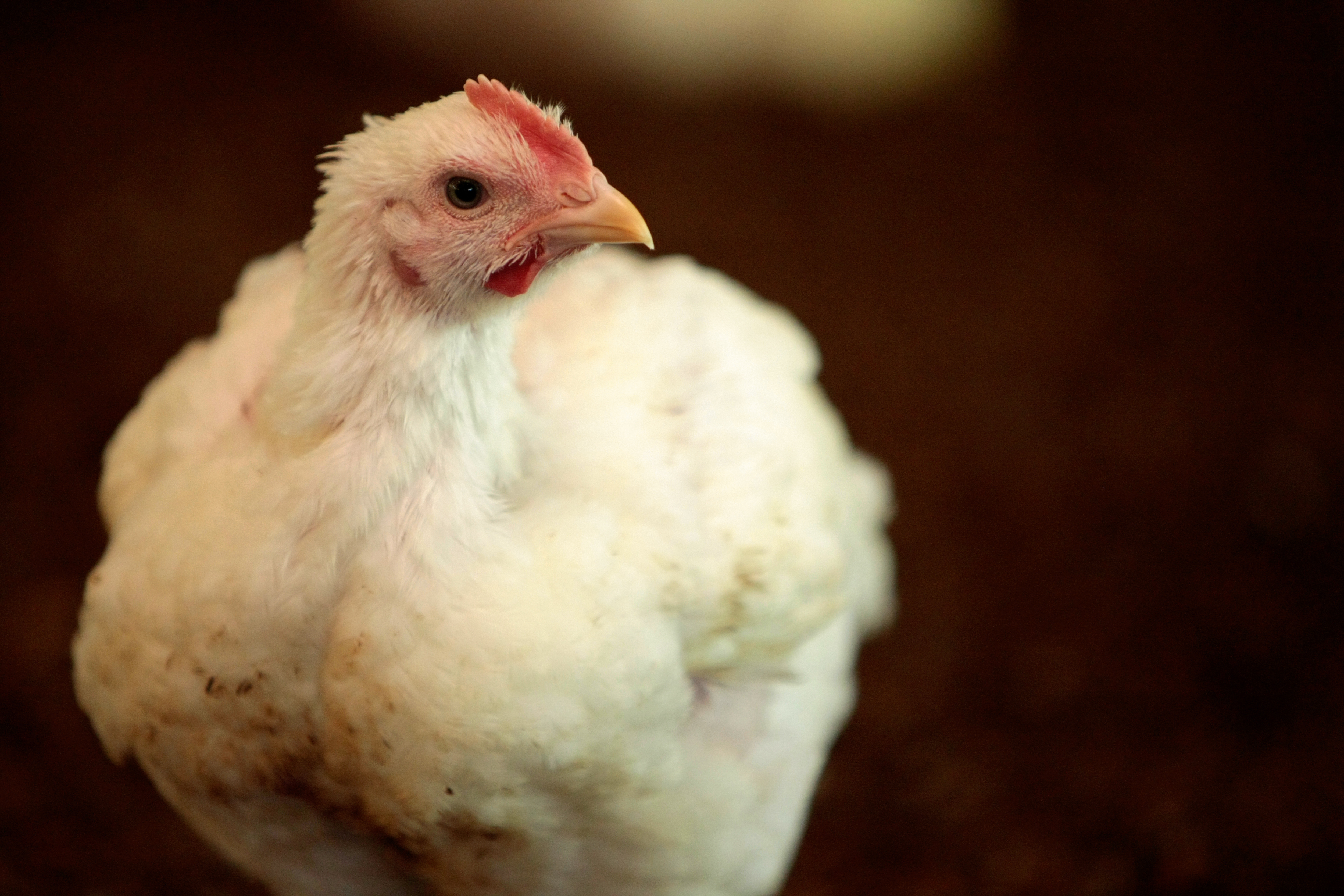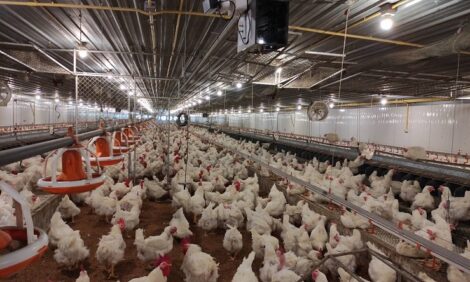



Carbon dioxide shortages in the UK: What do we know so far?
As carbon dioxide shortages continue to affect the UK's meat industry, we've taken a look at what we know so far and how the poultry industry will respond over the coming weeksAfter reports emerged from the British Meat Processors Association this month (21 June), tensions have risen as the impacts of the CO2 shortages on the food and drink industry become more apparent.
Why has this happened?
Carbon dioxide gas is used in the production of packaging and also as a humane method of stunning at the point of slaughter. A shortage of CO2 gas therefore affects a wide variety of foods, from cooked and fresh meat and ready meals through to pre-packaged salads.
The shortage is Europe-wide and is a result of ammonia-producing plants closing down for essential maintenance during the summer, a time when demand tends to be lower for ammonia-containing compounds, such as fertiliser. CO2, a by-product of ammonia production, is sold on to slaughter plants and processing companies on request.
Who is affected?
Though the shortages are Europe-wide, UK companies have, so far, been hit the hardest as they are only able to purchase CO2 from two out of the five plants that exist in the UK, while the others continue maintenance.
Beer and carbonated drinks companies, including Heineken, John Smith brands and Coca Cola, have had to cut production and sales around Europe with a number of companies halting all sales to UK pubs. Other industries, including food packaging and dry ice, are halting production and requesting buyers to cut down orders until the remaining plants come back into full CO2 production.
However, more concerning are the animal welfare implications as some slaughter plants no longer have the capacity to correctly stun animals before slaughter, and are looking for alternatives.

As reported by the Eastern Daily Press, the shortage of CO2 could mean that its use is limited on the production line, meaning that shelf life could be reduced by as much as 20 percent.
Animal welfare concerns have also been raised as CO2 shortages restrict the number of animals that can pass through for slaughter, says the British Veterinary Association. "If there are not adequate supplies of CO2 to slaughterhouses, this could result in a backlog of animals leading to a critical animal welfare situation on farms if they cannot be processed.
"In addition, the lack of CO2 would also affect the ability of farms to carry out emergency slaughter on site," said the BVA in a news release.
What next?
"The frustration is the lack of information,” said the British Meat Processors Association's chief executive Nick Allen to Eastern Daily. “We understand that several (CO2) producers are reopening plants and restarting production, but getting information is very difficult, which makes it very difficult to plan.
“Things are getting pretty tight and this hot weather won’t be helping. If things don’t alter this week, we’re going to see people having to make some serious decisions."
Representatives from the farming and meat sectors have issued requests for the meat industry to be given priority during the shortage and when plants come back into full production.
Sources: BBC News; The Telegraph; Eastern Daily Press; British Veterinary Association









